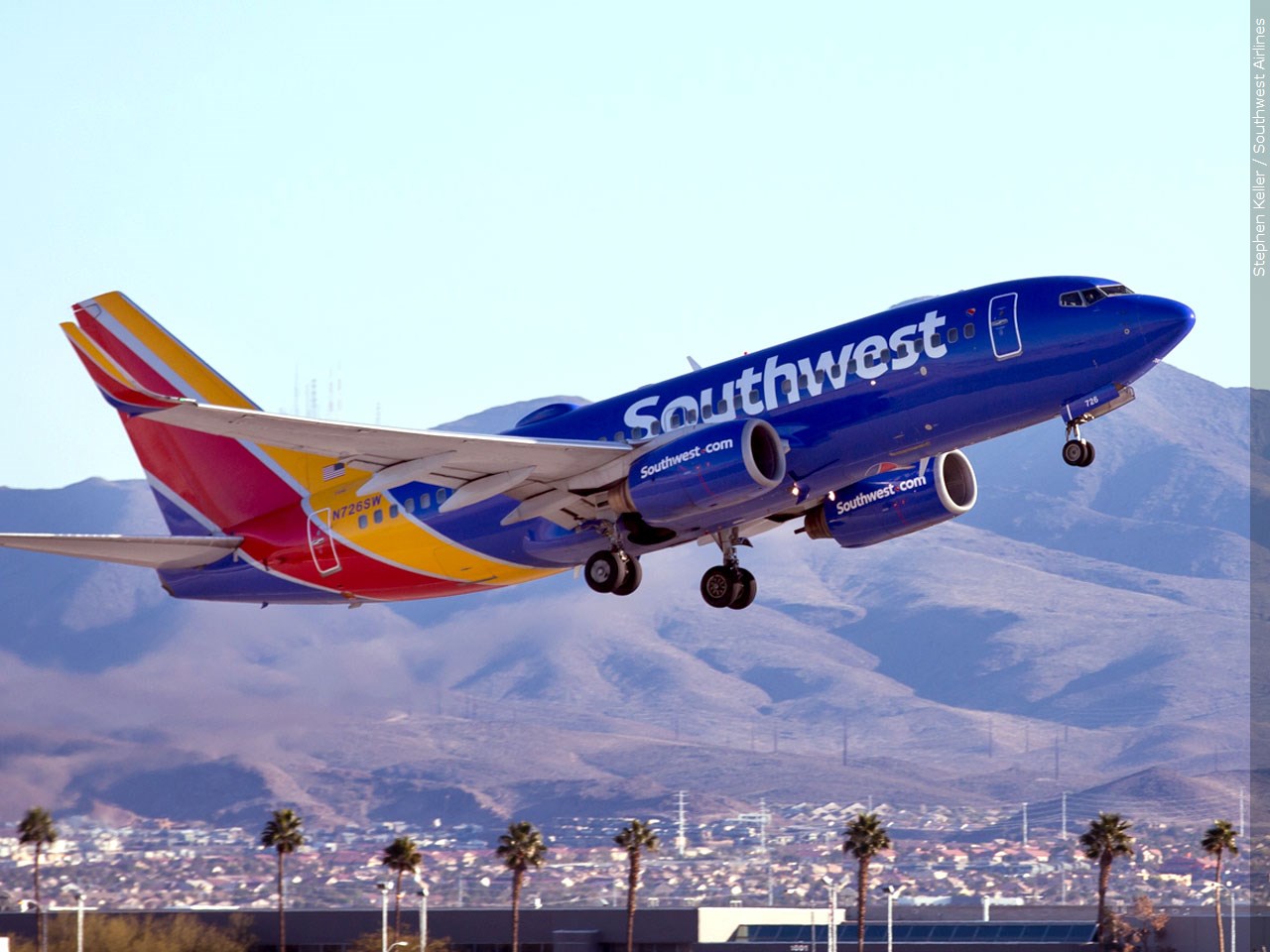


Plaintiff Gregory Wilson and a class of over 100 male job applicants challenged Southwest Airlines’s refusal to hire men as violation of Title VII of the Civil Rights Act of 1964 and alleged that Southwest’s height and weight requirements for flight attendants excluded a higher proportion of male applicants than female applicants. At the time the case was decided, Southwest was the only major airline in the United States that refused to hire men as flight attendants and ticketing agents. In the 1970s, Southwest Airlines marketed itself with “feminine spirit, fun and sex appeal.” Calling itself the "love airline," the flight attendants wore hot pants and go-go boots and handed out free drinks that they called "love potions." As part of this image, Southwest employed only women as flight attendants and ticketing agents. Bona fide occupational qualifications are qualities or attributes that employers are allowed to consider when hiring employees that are often illegal and considered discrimination to utilize in other circumstances. The law contains an exception in the case of bona fide occupational qualifications, allowing business to hire on the basis of religion, sex, or national origin in instances where it is a qualification that is reasonably needed and necessary for its operations. Title VII of the Civil Rights Act of 1964 is a federal law that prohibits employment discrimination based on race, color, religion, sex or national origin. 1981) is a US employment discrimination law case concerning bona fide occupational qualifications. District Court for the Northern District of TexasĪ tangential requirement for a position is not a bona fide occupational qualification as a defense for discrimination on the basis of sex.ĭiscrimination bona fide occupational qualification (BFOQ)


 0 kommentar(er)
0 kommentar(er)
